High blood pressure or hypertension can be controlled by regular physical activity, maintaining a healthy weight and eating a healthy diet.
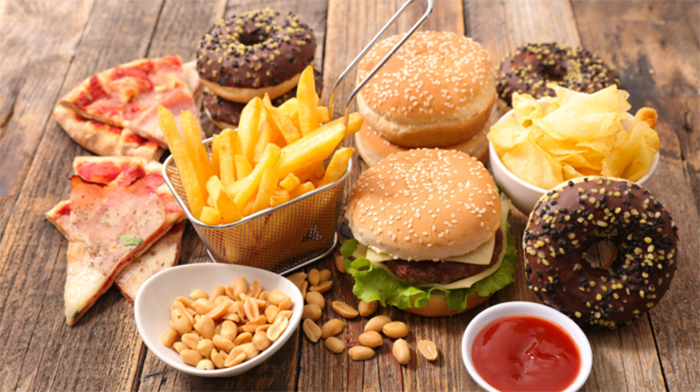
Nutritionists advise limiting fried and processed foods that contain a lot of salt and sugar - Illustration photo
Foods like fruits, vegetables, and whole grains can help lower blood pressure, but some foods can make it worse. While there is no one-size-fits-all diet, there are some foods that should be limited to effectively control blood pressure.
High blood pressure, characterized by too much blood flowing through the arteries at one time, is a growing global concern. As of 2019, the condition affected an estimated 1.36 billion people, more than double the number in 1990. Today, even more people are living with high blood pressure.
High blood pressure is considered the leading preventable risk factor for cardiovascular disease, and is linked to other health problems such as stroke and chronic kidney disease.
Foods high in salt and spices
People with high blood pressure need to limit their sodium intake and avoid salty foods. Consuming too much sodium can cause the body to retain water, increasing blood volume and putting extra pressure on artery walls.
This pressure can lead to health complications such as heart disease and stroke. The World Health Organization recommends no more than 5mg of salt per person per day. Processed condiments and sauces also contain salt, so don't overdo it.
Foods high in saturated fat
People who want to lower their blood pressure or are at risk of developing high blood pressure should limit foods high in saturated fat. Research shows that saturated fat consumption is linked to high blood pressure because it contributes to plaque buildup in the arteries, narrowing blood flow and increasing blood pressure.
To protect artery health and control blood pressure, limit saturated fat intake to less than 10% of daily calories. Limit foods such as fatty meats, fried foods, whole milk products, cream sauces, processed meats, etc.
Foods high in added sugars
Foods high in added sugars can lead to weight gain, insulin resistance, and blood pressure control problems. Long-term sugar consumption is linked to increased belly fat, a risk factor for high blood pressure. Sugar can also spike blood sugar, which can cause heart stress and inflammation.
According to the 2020-2025 Dietary Guidelines for Americans, added sugars should account for less than 10% of daily calories. Reducing sugar helps control weight and blood pressure. Some foods to limit include yogurt with a lot of sugar, syrup, cakes, candy, canned fruit...
Sugary drinks
Sugary drinks are linked to high blood pressure. They can cause weight gain and insulin resistance, which increases the risk of high blood pressure. High sugar content can also cause blood sugar spikes, which can harm blood vessel health.
Choose water over sugary drinks to improve blood sugar control, supporting healthier blood pressure levels.
Alcoholic beverages
Drinking alcohol, especially in excess, can contribute to high blood pressure. When you drink alcohol, your blood vessels relax, and your blood pressure may drop temporarily.
However, after drinking a large amount or drinking for a long time, your blood pressure may rise again, possibly even higher than before. Alcohol can also interact with some medications, including those that can affect blood pressure.
Some frozen foods
While frozen foods can be convenient when needed, many contain ingredients that can aggravate the symptoms of high blood pressure. Ultra-processed foods like frozen meals are often high in sodium and fat and have been linked to an increased risk of high blood pressure.
Consuming too much sodium can cause your body to retain water, increasing blood volume and leading to high blood pressure. Choose fresh, nutritious foods that are low in sodium to help control your blood pressure better.
Foods high in cholesterol
Cholesterol-rich foods such as fried chicken, bacon, animal organs... can negatively affect blood pressure, contributing to atherosclerosis (plaque buildup that narrows and hardens arteries).
Research has shown that high cholesterol levels can lead to an increased risk of high blood pressure, suggesting that long-term cholesterol consumption can increase blood pressure. These foods also often contain saturated fat, which has negative health effects.
Fast food
Fatty fast foods like french fries and fried foods can hinder your efforts to improve your blood pressure. These foods often contain saturated and trans fats, which contribute to unwanted weight gain, increased cholesterol, and inflammation in the body. They also contain significant amounts of sodium, which directly affects blood pressure.
Processed and packaged snacks
Processed and packaged snacks can contribute to high blood pressure because they are often high in sodium, added sugars, and unhealthy fats. Packaged snacks often have a long shelf life because they often contain compounds containing sodium as preservatives.
Many snacks also lack essential nutrients, causing you to eat more to feel fuller. Some snacks to limit when you want to control blood pressure include potato chips, packaged cookies, popcorn, candy, cheese-flavored snacks...

Moderate exercise combined with a healthy lifestyle can help prevent many diseases. Photo of Nha Trang coastal road in the cool early morning, suitable for exercising - Photo: TRAN HOAI
Guidance from a nutritionist is important for patients.
Lifestyle habits, including diet, physical activity, stress reduction, and sleep quality, all affect blood pressure. If your blood pressure remains high despite lifestyle changes, you may need help from your doctor and medication.
People with complex medical histories and special nutritional needs should seek personalized support from a dietitian to plan appropriate meals.
Consult your doctor about any medication-related issues. If you experience any adverse symptoms from your blood pressure medication, you should see your doctor immediately.
Guidance from medical professionals and nutritionists can be very helpful in lowering blood pressure or preventing high blood pressure.
Source: https://tuoitre.vn/nhung-mon-an-nen-tranh-khi-mac-huyet-ap-cao-20241202101240096.htm








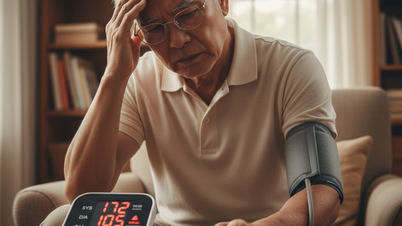

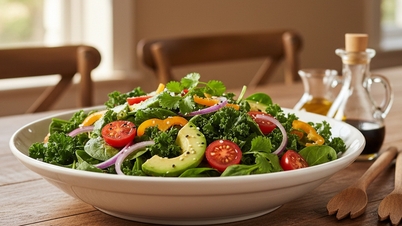
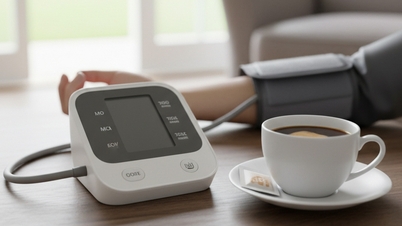
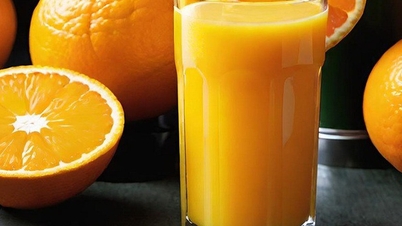
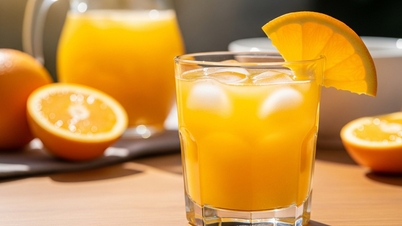

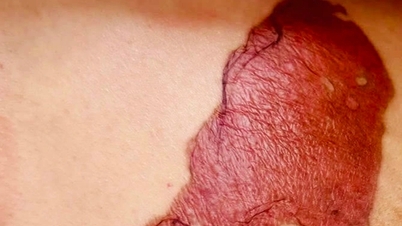


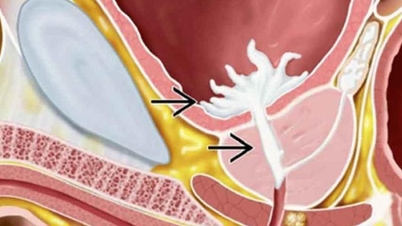

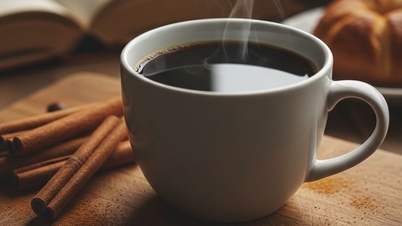
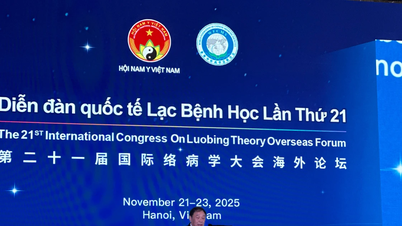









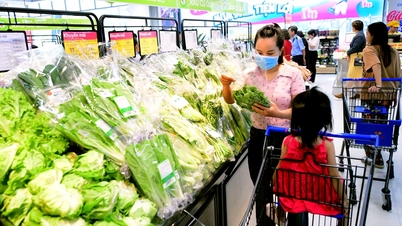











































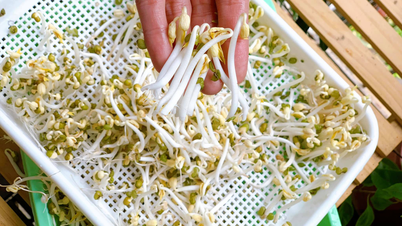














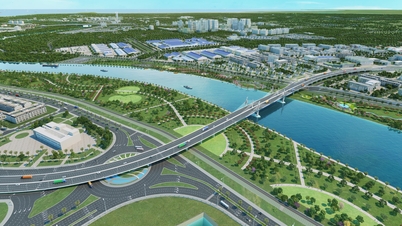


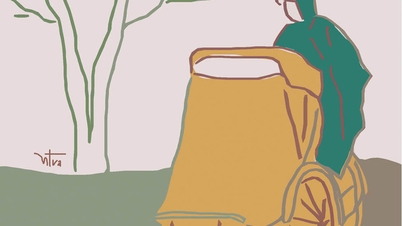















Comment (0)